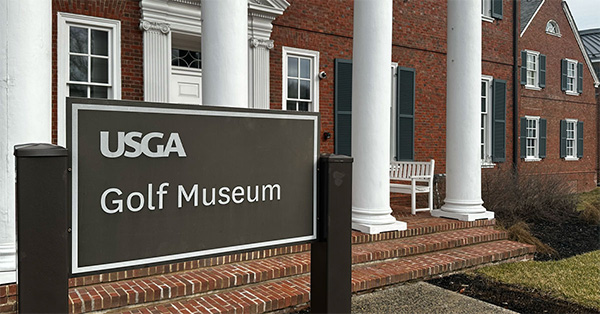LIBERTY CORNER, N.J. (Feb. 29, 2024) – The USGA announced today that it has received a donation of memorabilia related to Dr. Charlie Sifford, a pioneer of the game who was the first Black player to compete on the PGA Tour and the first Black member inducted into the World Golf Hall of Fame. As part of the USGA’s commitment to preserve and celebrate this critical part of golf history, Dr. Sifford’s artifacts will be on display at the USGA Museum and Library in Liberty Corner, N.J., and at the World Golf Hall of Fame in Pinehurst, N.C.
Dr. Sifford, who died in 2015 at the age of 92, is often compared to baseball’s Jackie Robinson thanks to his relentless pursuit of civil rights on the golf course and around the country. Dr. Sifford’s desire to play the game and to continue to pave the way for future Black golfers, despite enduring tireless vitriol, hatred and discrimination during the mid-to-late 20th century continues to inspire future generations. The preservation of his story is imperative to the USGA’s mission of chronicling the history of golf and sharing it with generations to come.
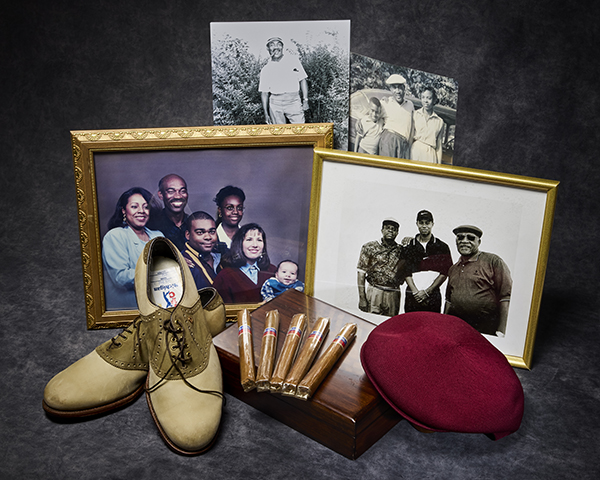

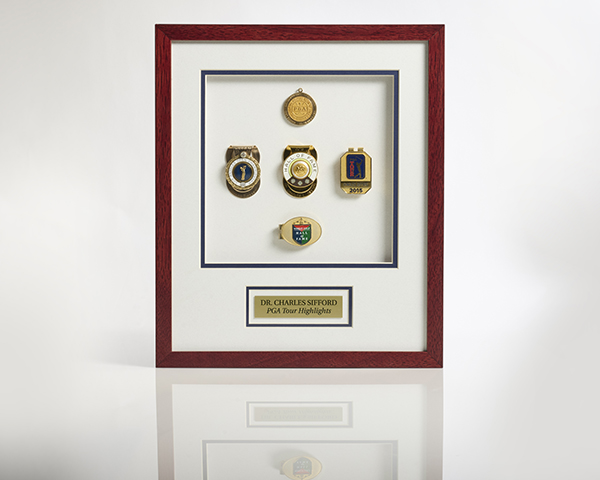
The collection of more than 200 artifacts related to Dr. Sifford’s professional career and personal life includes correspondence, photographs, clothing, medals, awards, golf clubs and personal effects. The collection will be housed at the USGA Golf Museum and Library in Liberty Corner, N.J. Select items from the acquisition will be on display in Charlie Sifford’s locker at the new World Golf Hall of Fame, which will open on the USGA’s campus in Pinehurst, N.C., later this spring.
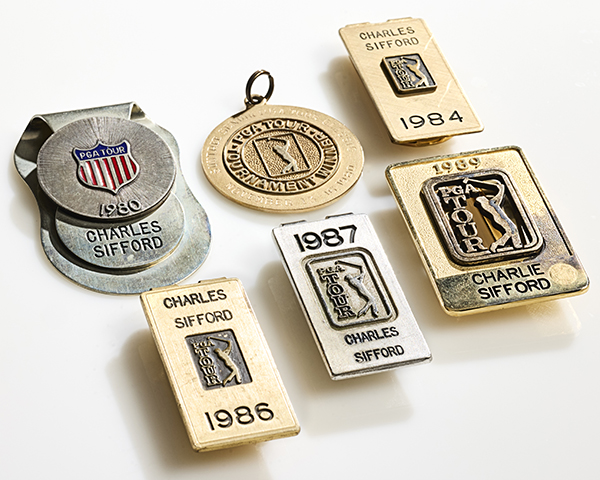
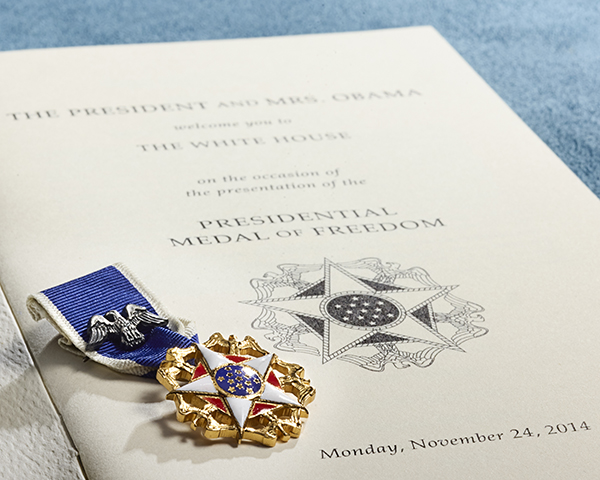
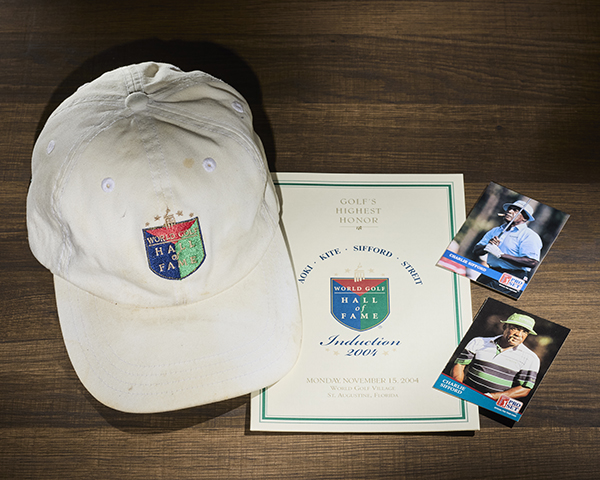
Since its founding, the USGA Golf Museum and Library has been a trusted repository for players, families and donors who want to ensure their legacies are preserved for generations to come. With this acquisition, the USGA has solidified the collection as the world’s greatest related to Sifford’s career in golf. As a centralized repository for artifacts related to Dr. Sifford’s legacy, the USGA Golf Museum and Library can now share memorabilia with other institutions committed to sharing his story.
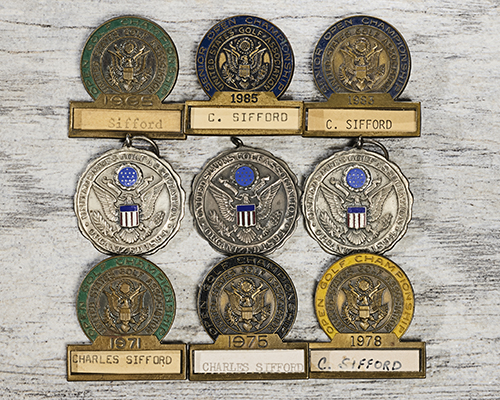
“We are honored that Charles Sifford Jr. and his family have entrusted Dr. Charles Sifford’s legacy to the USGA,” said Hilary Cronheim, senior director of the USGA Golf Museum and Library. “Fundamental to our work is to preserve the story of each legend of the game in a multi-dimensional way, speaking to the breadth and depth of an individual’s life, character and impact. Sifford fought tirelessly to desegregate professional golf and paved the way for the future of equity in the sport. This acquisition and partnership with the Sifford family ensures that future generations will appreciate him as a pillar for the game’s history and the history of African American advancement in this country.”
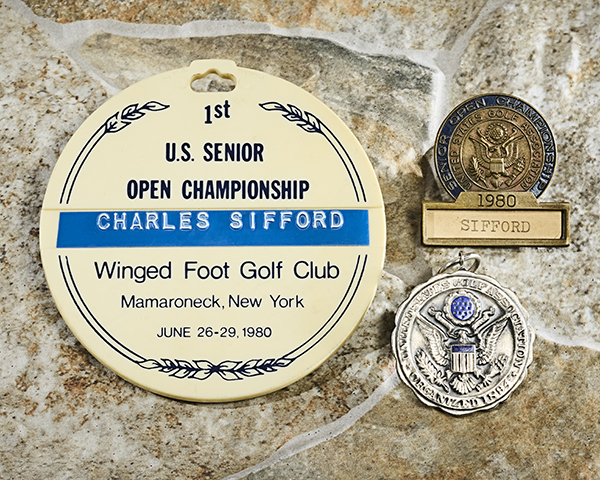
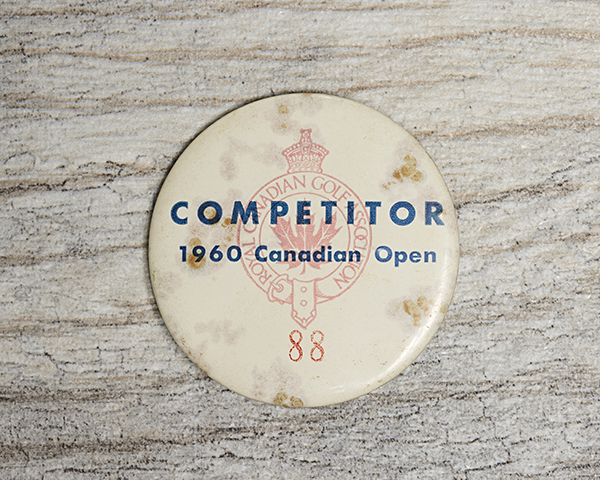
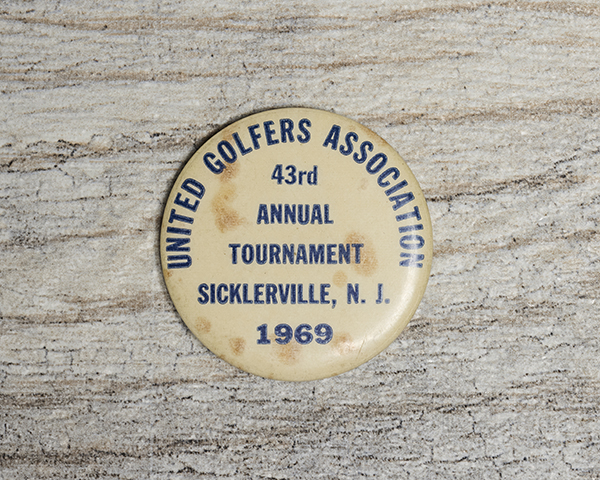
In addition to his impact outside the ropes, Dr. Sifford saw success on the golf course for many years. He owns two PGA Tour victories: the 1967 Greater Hartford Open Invitational, which was won by one stroke over Steve Oppermann, and the 1969 Los Angeles Open, which was won in a playoff. From 1952-1975, he won 12 non-PGA Tour events, including the 1957 Long Beach Open and 1963 Puerto Rico Open. He also competed in 12 U.S. Opens from 1959 to 1978, missing the cut just three times and earned a career best T21 finish in 1972 at Pebble Beach. Dr. Sifford went on to compete in seven U.S. Senior Opens as well. His best performance came in his event debut in 1980, when he finished fourth at Winged Foot Golf Club in New York. President Barack Obama awarded Sifford with the Presidential Medal of Freedom in 2014.
“The Sifford family is extremely honored to entrust to the USGA Golf Museum memorabilia reflecting the life and legacy of Dr. Charles L. Sifford,” said his son, Charles Sifford Jr. “This collection of artifacts represents the grit and perseverance of an African American man’s struggles and successes during an era of racial tension and segregation. My father challenged racial barriers, changing American history and paving the way for future golfers such as Tiger Woods. We are equally proud that the USGA Golf Museum will use this collection to enable future generations to reflect on the key tenets of social equity and commemorate the significance of my father’s contributions to all mankind.”
Specific highlights from this acquisition include:
- PGA card from March 1960 when Sifford became the first African American to be granted membership on the PGA Tour
- First set of contract clubs used during the 1960 season
- Miniature Presidential Medal of Freedom pin and program from the 2014 Presidential Medal of Freedom ceremony
- Contestant badges from the 1969 United Golfers Association Tournament and the 1960 Open Championship
- Qualifying medals from the 1959 and 1962 U.S. Opens
- Contestant badges from the 1965, 1971, 1975 and 1978 U.S. Opens
- Shadowbox with five PGA Tour artifacts, including the medal from the 1967 Greater Hartford Open
- Scorecards from the 1967 Greater Hartford Open
- Seagram Vanguard Trophy given annually to the champion of the United Golfers Association National Open Championship, given to Sifford permanently following his win in 1955
- 1980 U.S. Senior Open qualifying medal and bag tag
The USGA Golf Museum and Library is the nation’s oldest sports museum and the world’s leading institution for the collection, preservation, interpretation and dissemination of golf history. It is the most trusted repository for preserving the legacies of the game’s greatest champions. The USGA Golf Museum and Library is also committed to elevating diverse perspectives. The Museum is particularly dedicated to preserving and celebrating the African American experience in golf by collecting artifacts and library materials, uncovering stories, producing exhibits and symposia, and creating the African American Golf History Archive to thoughtfully chronicle this history.

